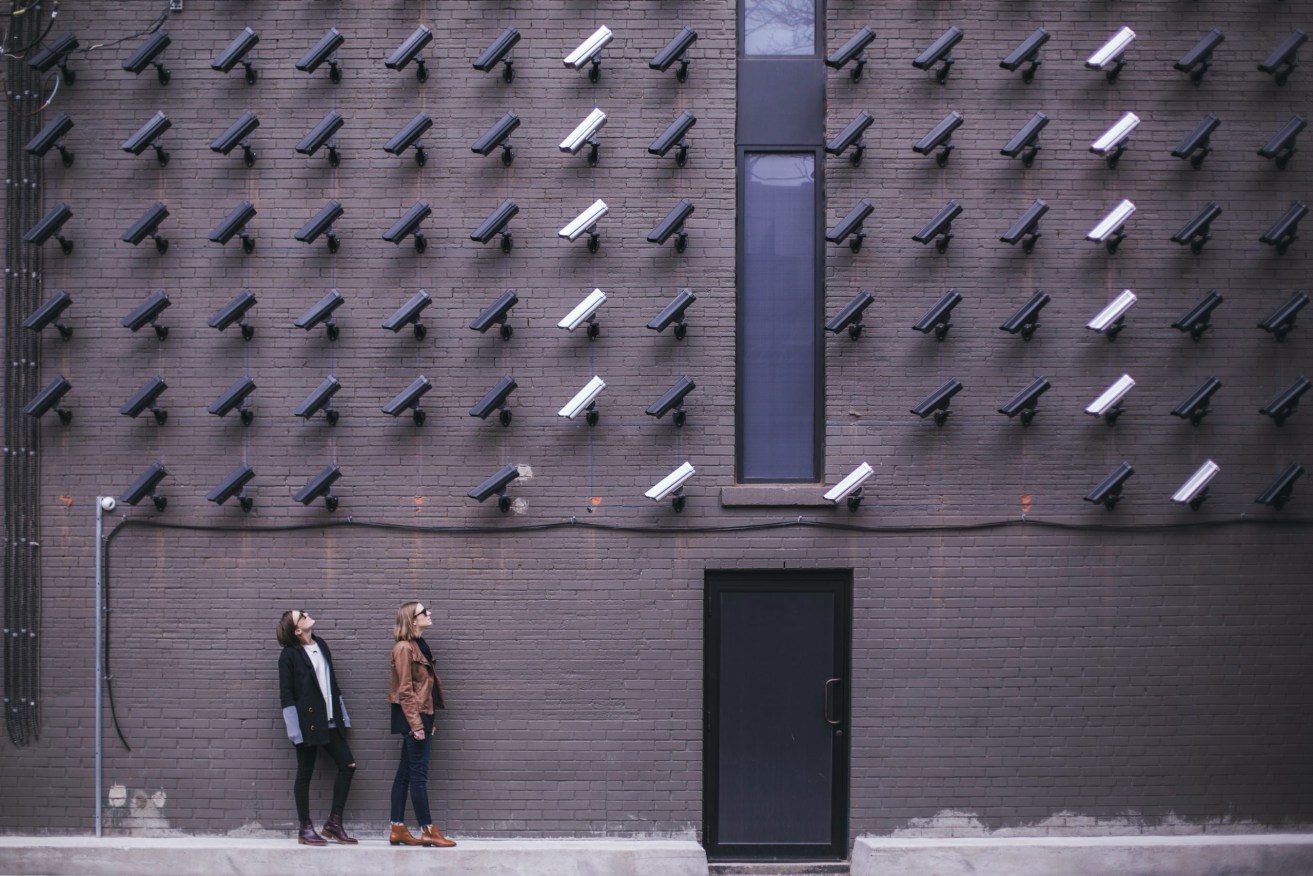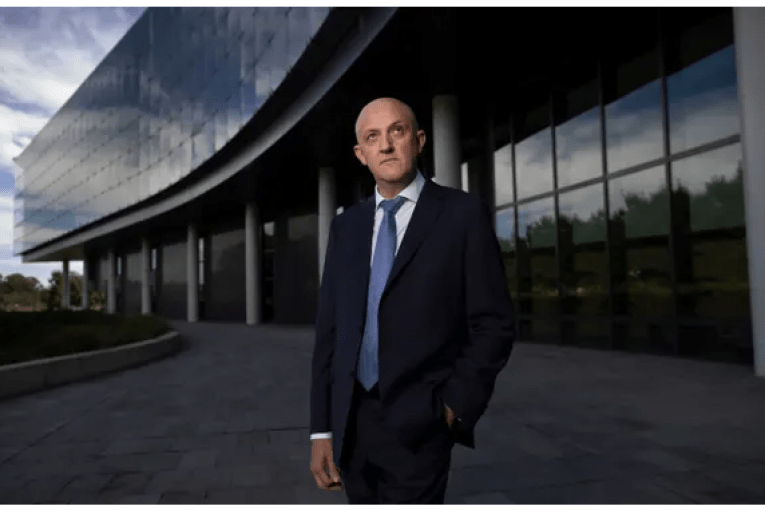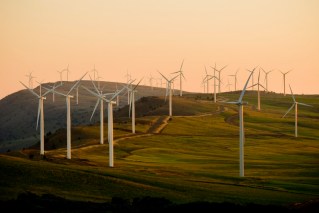A global village, or a globe full of villages – stark contrasts about life after the pandemic
The pandemic has already changed the world, but there are more changes that forecasters are tipping that will fundamentally alter the way we live, writes John McCarthy


Facebook is facing claims of harvesting data
First of all, there are the things people want to happen and then there is what experts think will happen. In some cases they are a long way apart.
Among the changes tipped are greater government controls and more market intervention, bigger governments with its hands in more areas. More collection of personal data, less international travel and a greater reliance on technology to overcome issues and risks.
As we have seen from the social media videos there are people who are refusing to accept new realities and despite all the upending of lives, businesses and governments, an ABS survey found that almost 20 per cent of Australians (mostly men) think there won’t be any change at all from the pandemic; that in a relatively short period of time life will return to normal.
And the latest ABS survey of the household impacts of COVID-19 points to people wanting to slow down, of a need for cocooning, of people wanting to spend less and have a lower impact on the environment. Being with family and friends also rated highly.
If the public had a collective voice it would be saying: Stop the world, I want to get off.
Austereo seems to have picked up on this and is using it as the reason for its reversion to its former B105 brand and what it classifies as feel-good music that means something to people, as well as identifying as being part of Brisbane.
That all sounds great but it’s probably not how things are going to pan out because the people paid to forecast these things believe the very essence of our societies is already undergoing a radical transformation.
Global research and intelligence firm Wood Mackenzie has come up with three possible scenarios for the world.
One is a short, sharp recession and then back to business a usual.
The second is a more difficult and prolonged fight against the virus followed by a backlash against trade, increasing international tensions and pressure to end globalisation. There would also be tighter controls on international travel and people would remain wary of foreign trips and possible restrictions. Businesses would also likely opt for technology to overcome travel.
“Many people will remain nervous about the risks, and governments will keep some restrictions in place even once businesses reopen, renewing lockdowns if cases start to rise again,’’ Wood Mac said.
The third is a shorter recession and a recovery fuelled by governments spending on a green revolution.
This would see the combined share of oil, gas and coal in total primary energy drop to 68 per cent in 2040, down from 84 per cent in 2019. There will also be a steep increase in demand for metals, particularly the battery raw materials lithium, nickel and cobalt.
Under the best case scenario, oil demand would still not get back to last year’s levels for a few years and would peak in the second half of the 2030s. Gas demand would rise and coal demand would decline..
Robotics and data analytics will boom as people seek out technological solutions to the pandemic’s impacts.
Governments would also change.
Wood Mac suggests that governments won’t walk away from the market intervention tools they have been using to save their economies and that they will continue to use them to push the economies forwards. That will mean bigger governments.
“Measures to limit the risk of Covid-19 re-emerging will also involve governments taking on more powers, restricting mobility and collecting more personal data,’’ Wood Mac said.
It’s possible that globalisation will be restricted.
Much of this is because too many countries outsourced their manufacturing to places like China only to discover that when things turned bad they couldn’t source basic commodities.
That will change trade fundamentally and perhaps export-based economies like Australia will have to rethink their basic structures.












